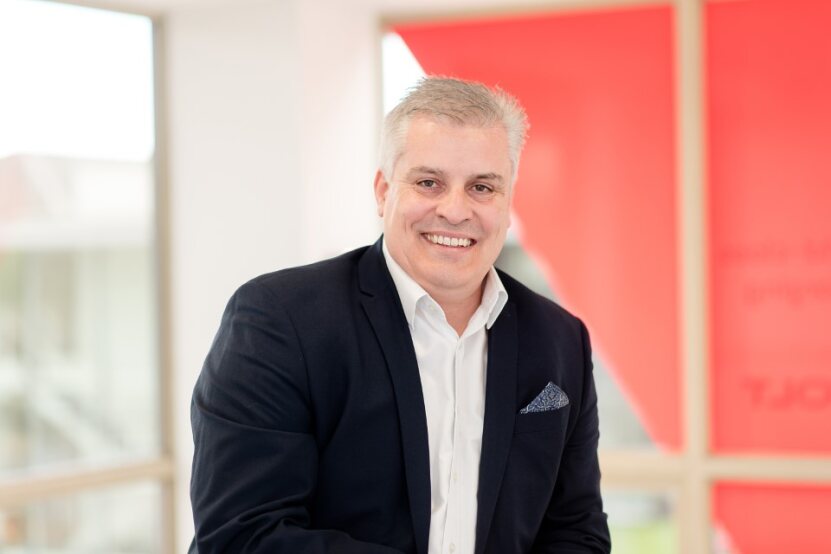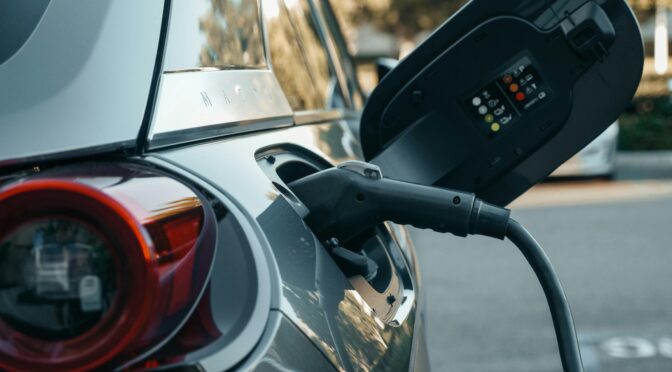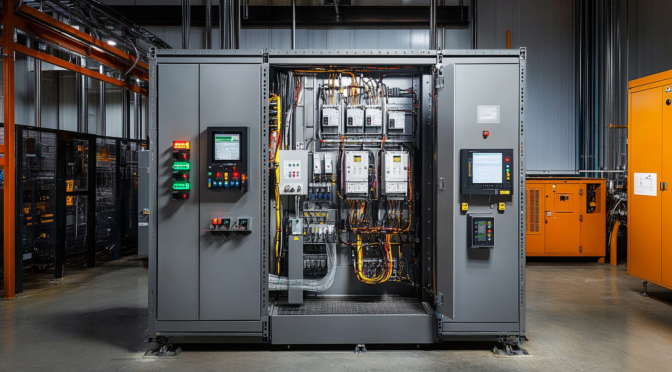The UK’s electric vehicle (EV) sector is booming, but an outdated tax policy is creating an unfair financial burden on EV drivers who rely on public charging. Lobby group FairCharge is urging the Chancellor to slash VAT on public charging from 20% to 5%, aligning it with home electricity rates and making EVs more accessible for all drivers.
A Two-Tier Charging System?
Right now, EV owners with home chargers pay just 5% VAT on their electricity, while those dependent on public chargers face a 20% VAT rate—a clear imbalance that is penalising those without driveways.
Industry leaders warn that without action, the UK risks stalling EV adoption. According to Osprey Charging, lowering VAT would save drivers over £130 million per year by 2030. ZapMap’s data suggests EV drivers could save £85 million in 2025, rising to £315 million by 2030—with more than half of these savings benefiting those without access to home charging.
Industry Leaders Speak Out
The UK government has heavily backed the EV transition, yet this “archaic tax anomaly” remains in place. Key figures from across the automotive and EV charging industries are now demanding change:
- Delvin Lane, CEO, InstaVolt: “The government should act now to remove this barrier and avoid stalling the EV revolution. InstaVolt will immediately pass any VAT cut onto consumers.”

Delvin Lane, CEO, InstaVolt – Image Credit: InstaVolt - Matt Galvin, MD, Polestar UK: “We’ve been calling for VAT parity for a long time. It’s unfair to penalise those without driveways and risks slowing down adoption.”

Matt Galvin, MD, Polestar UK – Image Polestar UK - Ian Plummer, Auto Trader: “It’s simply unfair that some EV drivers pay more to charge their cars just because they don’t have a driveway. This needs to change.”

Ian Plummer, Auto Trader -
Quentin Willson, Founder FairCharge: “I ask the Chief Secretary of the Treasury that he must realise, with the U.K. as the most successful EV market in Europe, the opportunities for growth in the sector are significant. But holding that growth back is an archaic piece of tax legislation conceived before the era of electric cars.”

Quentin Willson, Image Credit : Quentin Willson
Record EV Growth—But Barriers Remain
The UK is leading the charge on EV adoption, with 21.5% of new car buyers choosing a fully electric vehicle in January 2025—a 34% increase from last year. However, FairCharge argues that progress is being hindered by outdated tax rules, limiting affordability for those most reliant on public charging.
Quentin Willson, Founder of FairCharge, summed it up:
“The opportunities for EV growth in the UK are huge, yet we’re being held back by an outdated tax system from the fossil fuel era. It’s time for the Treasury to step up and remove this unfair barrier.”
A Simple Fix for Big Impact
Reducing VAT on public charging is one of the most straightforward and cost-effective government actions to accelerate EV adoption. The recently announced £55 million investment in kerbside chargers will still be impacted by the higher VAT rate, meaning those without home chargers continue to be penalised.
As Andy Palmer, Founder of Palmer Energy, put it:
“Reducing VAT on public charging is a no-brainer. The cost to the government is small, but the impact on EV adoption is massive. The time for action is now.”
What’s Next?
FairCharge has written directly to the Treasury, urging them to act before this unfair tax system slows down the UK’s EV progress. With major industry leaders backing the movement, pressure is mounting for the government to deliver a fairer charging system for all.
Want to support the campaign? Share your thoughts in the comments or reach out to your MP to demand change. Let’s make EV adoption fair for everyone!


